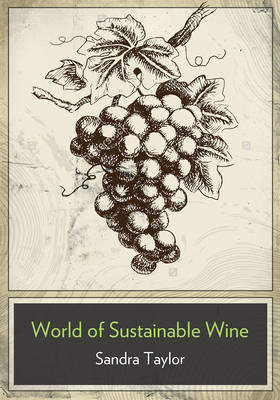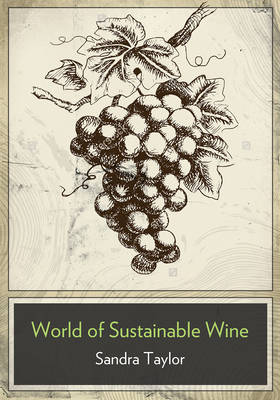
- Retrait gratuit dans votre magasin Club
- 7.000.000 titres dans notre catalogue
- Payer en toute sécurité
- Toujours un magasin près de chez vous
- Retrait gratuit dans votre magasin Club
- 7.000.000 titres dans notre catalogue
- Payer en toute sécurité
- Toujours un magasin près de chez vous
Description
Modern agriculture is the largest single contributor to global greenhouse gas production, deforestation and water consumption. Biodiversity, climate change, energy, soil degradation and water scarcity are critical issues and a strong and growing consumer contingent prefers to purchase organically grown and unprocessed food, while increasingly strident social activists expect products to be ethically, responsibly and sustainably produced.
Like fair trade cocoa and shade grown coffee, wine must, sooner or later, meet these powerful demands and as a whole it has a lot more work to do.
In The Business of Sustainable Wine, Sandra Taylor offers a new view of how the industry can be an important actor in sustainable agriculture, getting ahead of coming demands for a more responsible approach to our common future, and she provides a unique insight for the consumer on what to look for on the supermarket shelves to verify what counts as sustainable and what doesn't.
Taylor describes and analyzes trends in sustainability in wine regions around the world and shares important insight into the complicated world of agricultural sustainability, what it is for a wine to be a sustainable food product and how best to communicate these sustainable attributes to wine consumers. Drawing on case studies from a multitude of commodity industries, she gives producers tools and frameworks for how to go about integrating sustainability into their winegrowing and marketing, and retailers' procurement managers will learn how to assess sustainable attributes of wines on offer.
Spécifications
Parties prenantes
- Auteur(s) :
- Editeur:
Contenu
- Nombre de pages :
- 286
- Langue:
- Anglais
Caractéristiques
- EAN:
- 9781935879305
- Date de parution :
- 09-06-17
- Format:
- Livre broché
- Format numérique:
- Trade paperback (VS)
- Dimensions :
- 178 mm x 251 mm
- Poids :
- 498 g







